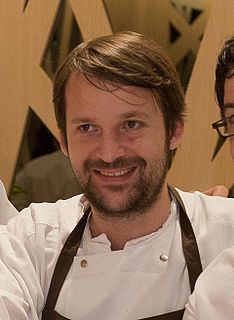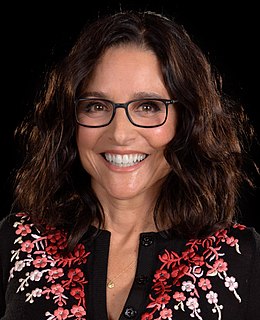A Quote by Neil deGrasse Tyson
There's no denying the public's appetite for cosmic discovery.
Related Quotes
So the history of discovery, particularly cosmic discovery, but discovery in general, scientific discovery, is one where at any given moment, there's a frontier. And there tends to be an urge for people, especially religious people, to assert that across that boundary, into the unknown, lies the handiwork of God. This shows up a lot.































